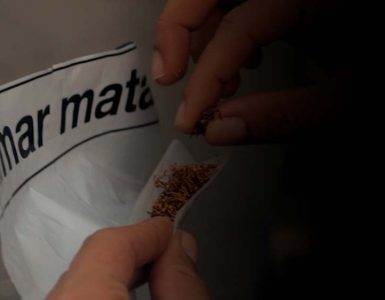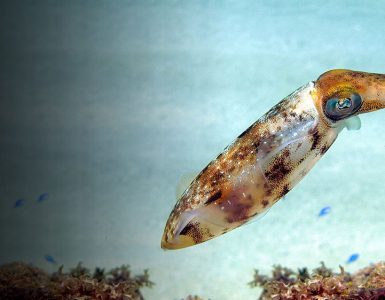Wheat is one of the main cereal foods in the world with 15 % Share of Global Caloric Intake from All Sources. In Indonesia, an unsuitable climate type makes it hard for wheat plants to develop in this region. On the other hand, demand for wheat is increasing every year following population growth. This makes the Indonesian government is highly dependent on wheat imports, which is a temporary solution to overcome this problem. Zebua et al. (2019) informed that Indonesia has an additional import volume of approximately 11, 793 t every year based on trend calculation. High imports in Indonesia cause the country’s foreign exchange to decline and food sovereignty to be highly dependent on other countries. Therefore, the development of wheat that can adapt in Indonesia becomes imperative to research in order to preserve food sustainability in this country. One solution is developing wheat in Indonesia is the advancement of wheat varieties that are adaptive to the tropical environment.
One major constraint is the competition with horticultural products that have high economic value makes the variety difficult to develop. Consequently, mutation breeding is one alternate to induce wheat diversity that is adaptive to the lowlands. Mutation breeding of tropical wheat has been carried by the researchers in the available literature and such studies are probable to continue until the release of the varieties.
Global warming becomes a critical issue in the development of agriculture. The rise in high temperatures and changes in climate outlines and their intensity cause some growth environments to be categorized as marginal areas. Marginal environments can reduce the potential for plant growth and death which leads to the decreased productivity.
Bdr (2018) stated that one of the main stresses in Indonesia is drought stress that is caused by an unbalanced between absorbed water and water that comes out through evapotranspiration. Scarcity of water can inhibit nutrient absorption, cell division and enlargement, cell physiology metabolism, and fertilization that leads to the decreased plant growth and productivity. Therefore, new wheat varieties in Indonesia should include the nature of tolerance and adaptability to drought stress.

Hydroponic culture is considered to have a simply controlled environment, particularly in the induction of drought, compared to soil media. Soil texture greatly influences the degree of drought from soil media10, therefore, there is no guarantee that the entire selection environment for each genotype is the same. Anshori et al. (2018) claimed that the success of selection through hydroponic culture is intimated from the environment and the character of the selection. A good selection environment show a varied variance of tolerance traits, so that the selection environment is required not to be too strict and weak Currently, a research is conducted by Farid et al. (2021) and published in the Asian Journal of Plant Sciences to identify the character and environment of hydroponic screening selection and to select the mutant strains of tropical wheat that is adaptive to drought stress. The results indicated that the drought screening of wheat through hydroponic culture is considered to be able to replace the screening of wheat drought on the soil.
















Add comment